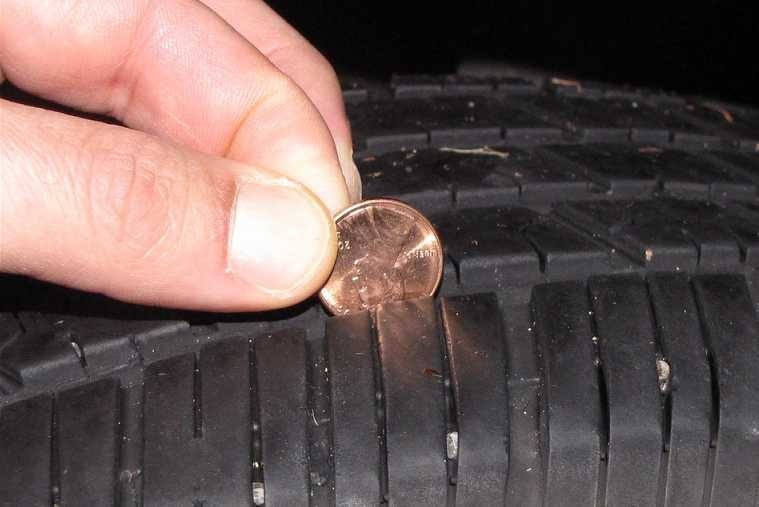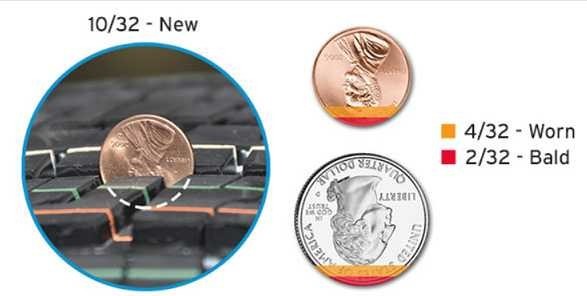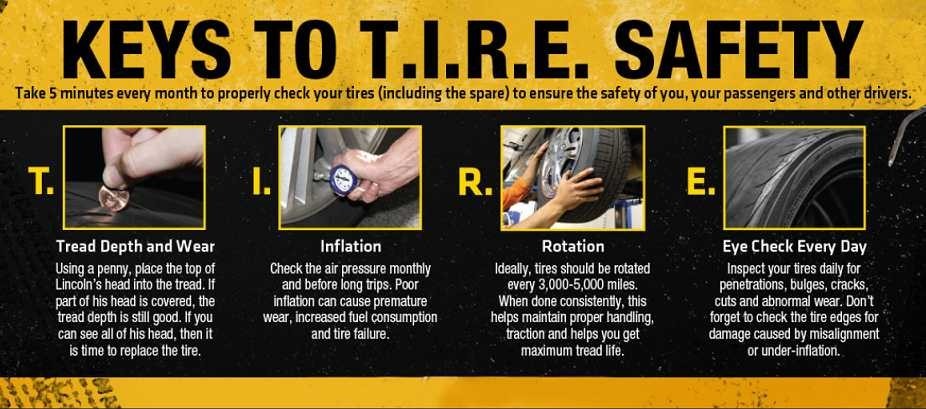The Penny Tire Test Update: A New Rival

America’s beloved penny means a lot to many people, including all of us here at Rick Hendrick Collision Center Chesapeake in Chesapeake, VA. When we think of pennies we think of penny loafers, phrases like ‘my two cents’ and a ‘penny for your thoughts’ and a bunch of pennies that have been at the bottom of our pockets or purses for many years. For others, it’s a symbol of American hard work, thrift and savings. For many seniors, the simple copper coin invokes memories of childhood outings to the candy store when a piece of licorice, gum or hard candy could be theirs for just a penny.
And for even more people, the penny was always the go to item to measure the tread depth on a car tire. If there was any doubt and you wanted to make sure your car’s tires are still safe you would stick an upside down penny in one of the treads with Lincoln’s head facing you. The distance between the edge of the penny and the top of Lincoln’s head is 2/32”. According to traditional standard safety guidelines, passenger car tires need to be replaced when the tread is below 2/32” and so if any part of Abe’s head was visible then it was off to the tire store to spend a whole lot of additional pennies.

Say Goodbye to the Penny!
But how the times have changed. Having survived two Congressional bills that called for its demise, the penny now has a new rival when it comes to the tire test. Yes – it’s good-bye Abe and Hello George as in George Washington of the beloved quarter. And before your parents start telling you about how much candy they used to buy for a quarter you can tell them about the quarter tire test.
Here’s how it works. All you have to do is stick the quarter into the groove the same way you did with the penny--upside down, but only this time it’s George who will be facing you. Now the distance between George Washington’s head and the edge of the quarter is precisely 4/32”. This is now the new prescribed tread depth for passenger car tires especially when roads are wet and slick from rain, snow or ice.
Tests Prove that Quarters Work Better
Some very smart tire researchers figured this out and the quarter test now outranks the penny test. They recently tested an average late model pickup and it took almost 500 feet to stop after going 70 miles per hour on a wet road when using the penny test. However after using the quarter test, the truck stopped about 122 feet shorter. The braking distance was greatly reduced and the overall tire traction improved significantly.

Other Tire Safety Tips
Along with testing the treads, car owners can take a few simple actions to extend the life of their tires by keeping their tires in good condition. Properly inflated tires will have less friction and wear. Tire rotation and regular tire alignment help to avoid uneven wear and bald spots. Some tires also have visible “wear bars” which are connecting patterns that run across the tread when the surface is getting too worn. But not all tires are similar and this should not be the only way to check a tire for safety.
As with any form of safety, always check with a professional if there is any lingering doubt about your own observations. If you don’t have good tires then you are not only endangering yourself, your passengers but everyone on the road around you. So pull out a quarter and test your tires today, courtesy from everyone here at Rick Hendrick Collision Center Chesapeake in Chesapeake.









Social